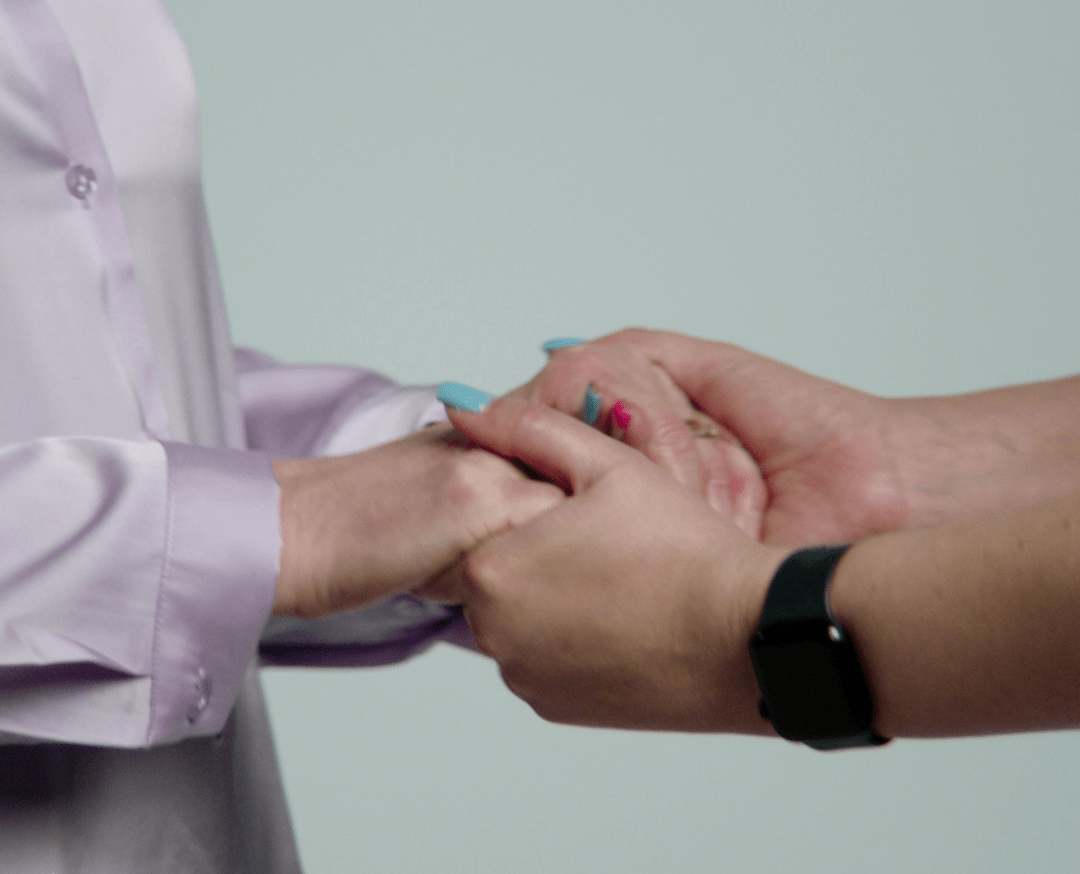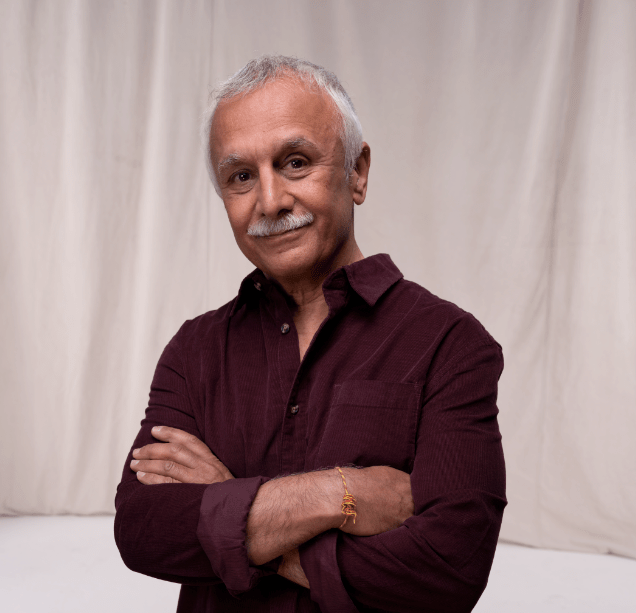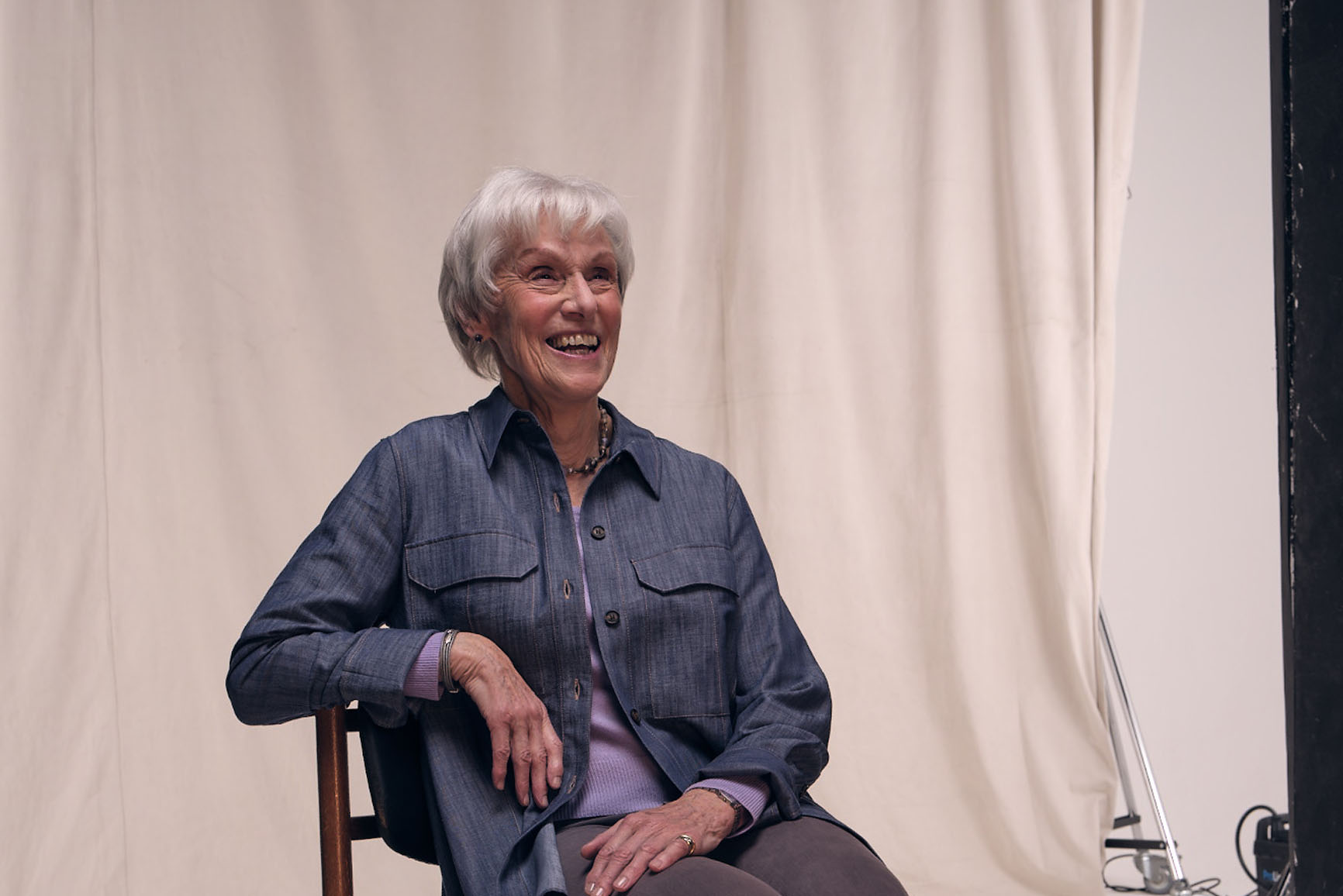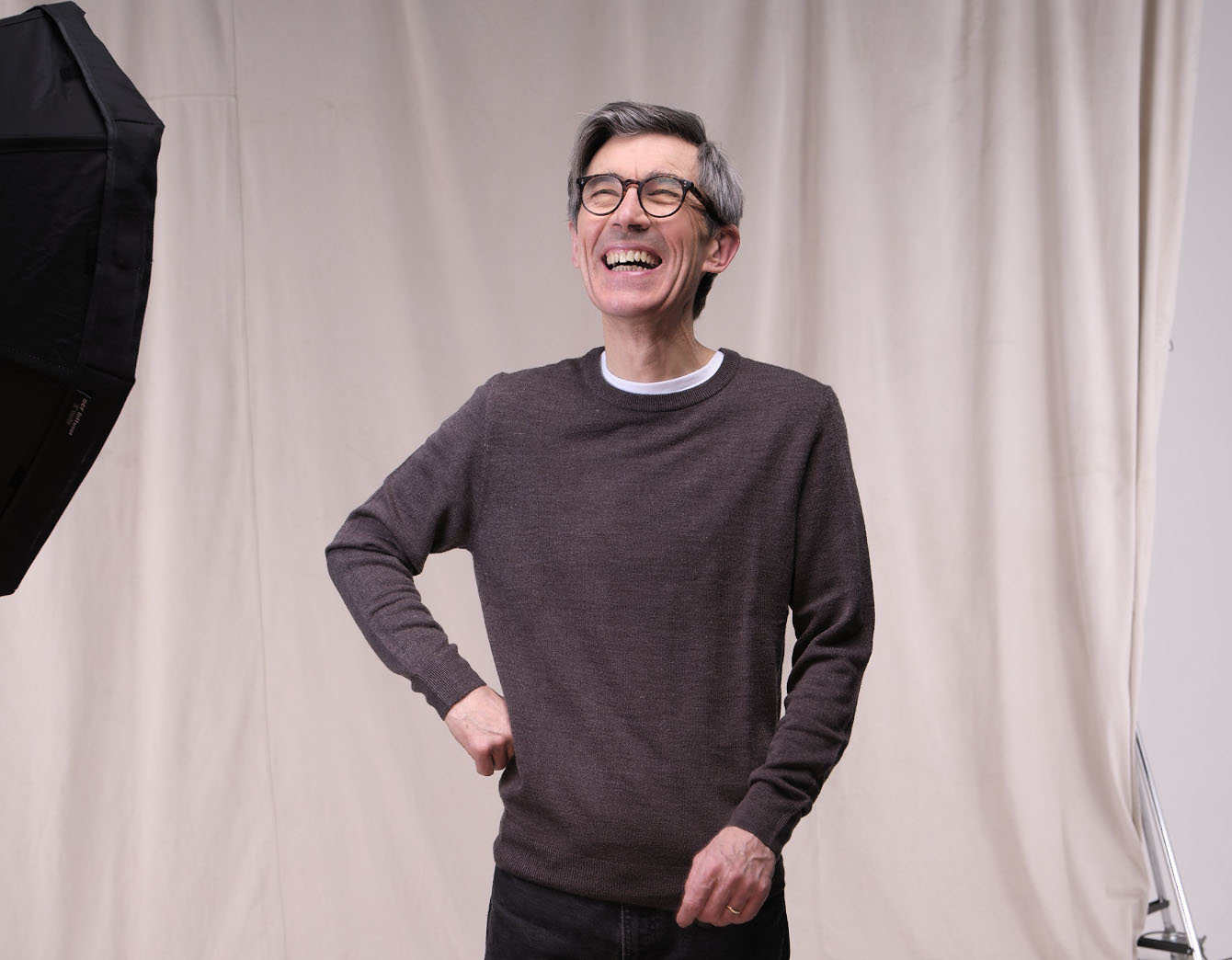Support for friends and family of living kidney donors
Deciding to donate a kidney is an important decision that involves a lot of consideration. While this decision mostly affects the donor and the recipient, we know that friends and family of donors will also have questions and worries when their loved one says they’re looking into donating a kidney.
This page answers common questions from friends and family members of living kidney donors, to help provide information and support while your loved one considers donation.
Deciding to Donate a Kidney
What are the risks involved in kidney donation? How do they make sure the risk to the donor is minimal?
Living kidney donation is a procedure that has been done for many decades. Currently, about 1,000 people each year donate a kidney as a living donor in the UK, so it is a well-practised procedure.
All potential donors go through a number of tests and investigations before they can donate. These usually last a few months and are done to make sure they’re healthy enough to give a kidney. The tests make sure that their kidneys are working well, and that the donor is physically and emotionally ready to donate.
These tests are based on nationally agreed guidelines. The NHS will never take a kidney from a person unless they believe the short and long-term risks to the donor are minimal. However, it is important to understand that no donation is risk-free, and the healthcare team will have detailed discussions with any potential donor about their own individual circumstances. Visit our page on the risks of living kidney donation to learn more.
The testing process takes several months. Panels of medical experts and independent assessors ensure that the donor completely understands the implications of the process and is making an informed decision to donate. The priority throughout is to make sure donation is as safe as possible for the donor. If the risk is considered high, then the donor will not be able to donate.
What happens if the kidney donor changes their mind before the operation?
The donation will not take place if the donor does not want it to. The donor can change their mind at any point before the operation takes place, and does not need to give a reason why.
All potential donors will be given a Living Donor Coordinator who will guide them during the process. The coordinator will ask the potential donor if they are comfortable with what is happening now and next in the process, to make sure they are aware of what is needed of them and they’re comfortable to keep going.
The donor will be asked privately and confidentially if they are happy to proceed. No one will judge a potential donor who doesn’t feel comfortable donating at that time, and they can always return to the process later in life.
How likely is it that the kidney donor is a match for a recipient?
Donors and recipients are tested to discover their tissue type and blood group. These results are used to check if their kidney is a match for a recipient.
If your donation is directed (which means you know who you want to donate to), tests will be done with both the donor and recipient to see if they match. If the kidney is non-directed, the NHS will then work to find the best match for your kidney, to give the best chance of the donation being a success.
Many friends and family members looking to donate to a loved one will find that they are a good match, but this is not always the case. If they aren’t a match for the person they want to donate to, the UK Living Kidney Sharing Scheme allows the donor to give their kidney to a stranger who is a better match, and in return their preferred recipient will receive a kidney from a better matching donor. We’ve outlined more details here.
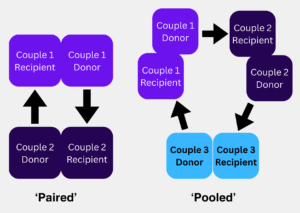
I don’t feel comfortable with my loved one donating a kidney. What can I do?
Donation is an individual’s decision. We appreciate that it is an important decision to make, and we encourage you to read our website and other sources of information so that you are as informed as possible about your loved one’s decision. You can also read about the experiences of other people who have donated a kidney, so you can understand the process your loved one is going through and how it affected other people.
The Kidney Donation
What are the risks during the surgery? Is this dangerous?
All operations carry some risk and donating a kidney is no different. However, the operation is a common procedure. The medical team are aware of the risks and can usually identify and treat these very quickly if they occur. There is a very small risk of death for the donor during the operation: that is estimated at 1 in 3,000, which is a similar risk to that of having an appendix removed. The donor will need to understand and be comfortable with these risks in order to proceed. However, for the person who receives a kidney, it is a life-changing (and sometimes life-saving) operation.
The priority throughout the surgery is always the health and wellbeing of the donor, rather than the kidney being removed.
Visit our page on the risks of living kidney donation to learn more.
Will work allow time off?
It is important that the donor speaks with their employer before donating to understand their rights and what help is available. Many employers will have sickness policies that include recovery from operations. The hospital and the donor’s living coordinator can help provide any paperwork needed.
However, not all employers are supportive and some donors will be self-employed or not working. Visit our page on financial considerations to learn more about the other financial support available.
How do doctors decide which kidney to take?
The medical team will usually take the kidney that’s the easiest and safest to access. Our bodies are all unique and complicated, so this is different for each of us. The medical team will always do the safest thing for the donor.
Life After Kidney Donation
How long will recovery take? How long will the kidney donor be in hospital and what support will they need during their recovery?
Recovery often takes anything from 2-12 weeks (up to three months) before the donor feels completely back to normal. However, this can vary from person to person. Some people feel back to normal very quickly, while others may need more time to recover fully.
It’s common to be in hospital for just a few days after surgery. We’ve provided more information on our post-donation recovery page. You can also read the stories of past living kidney donors to see how long it took other people to recover.
How can I be useful during their recovery?
As a friend or family member of a donor, you should try to discuss plans for the recovery period with the donor before the surgery. If you’re able to, perhaps offer them a place to stay, meals, and a homely environment for the first couple of weeks after donation. Donors will not be able to lift anything for a while and may be very tired, so support with any caring responsibilities or dog walking, etc. is likely to be needed.
The living donor coordinator will discuss this with the potential donor before the operation, so they will be aware of how much support may be needed.
Is this life shortening for the kidney donor?
You can still live a healthy life with one kidney. There is no medical science to suggest that living kidney donation shortens anyone’s life. In fact, donors tend to live longer than the average person because they are selected on the basis of having good health already.
People with one kidney are encouraged to have their kidney function checked yearly, including a blood pressure reading and urine test, so that any problems can be identified and treated as early as possible to make sure they continue to live a healthy life.
Can the kidney donor still live their life as normal? Can they drink alcohol, play sports, be who they were before? Does the donor’s diet need to change?
As long as they live a normal, healthy lifestyle, most people should be able to do everything they could do before.
The medical recommendations for someone with one kidney are the same as for those with two: do not drink too much, do not eat too much salt, and have a varied diet.
Visit our page on keeping your kidneys healthy for general advice, whether you donate a kidney or not.
Connect with other kidney donor friends and family
You may have questions that you want to ask the friends and family of someone who has already donated a kidney. This can be arranged through the UK Living Kidney Donation Buddy Support Service.
This service allows people, including the friends and families of people considering kidney donation, to connect with friends or family members of someone who has already donated. This offers a secure and safe place for you to have open conversations with someone who understands that journey.
Visit our webpage on Requesting a Buddy for more information.

